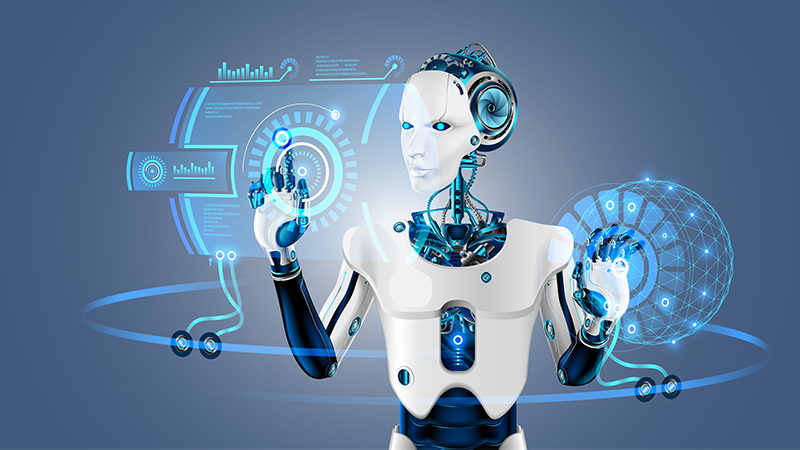
The Japanese seem to have robots that do it all. They’ve made bots that can pitch a baseball, play the violin, mimic a toddler, or even cook up some pancakes.
But Japanese United Nations (U.N.) Ambassador Nobushige Takamizawa drew an ethical line in the country’s robotics development when he said today that Japan has not and will not develop fully automated weapons systems.
Takamizawa made the announcement at the U.N.-backed Conference on Disarmament in Geneva, where government experts have gathered for the week to discuss the future of Lethal Autonomous Weapons Systems (LAWS) – otherwise known as “killer robots” driven by artificial intelligence (AI).
The decision is a big one for Japan, which in recent years has worried about regional security threats including North Korea’s missile testing around Japanese territory. Although Takamizawa said that autonomous weapons systems could, with oversight, reduce collateral damage, the Associated Press reports that opponents of LAWS “fear that machines could one day conduct wars without human control.”
U.N. Secretary-General António Guterres stood firmly against fully automated weapons in a tweet this afternoon.
“Autonomous machines with the power and discretion to select targets and take lives without human involvement are politically unacceptable, morally repugnant and should be prohibited by international law,” Guterres said.
Countries like the United States, Russia, and China have researched and developed LAWS, Interesting Engineering reports, but Takamizawa and Guterres’ stance against such weapons holds against that development and could mark a new point of contention in the global development of AI.
